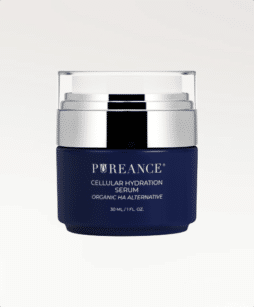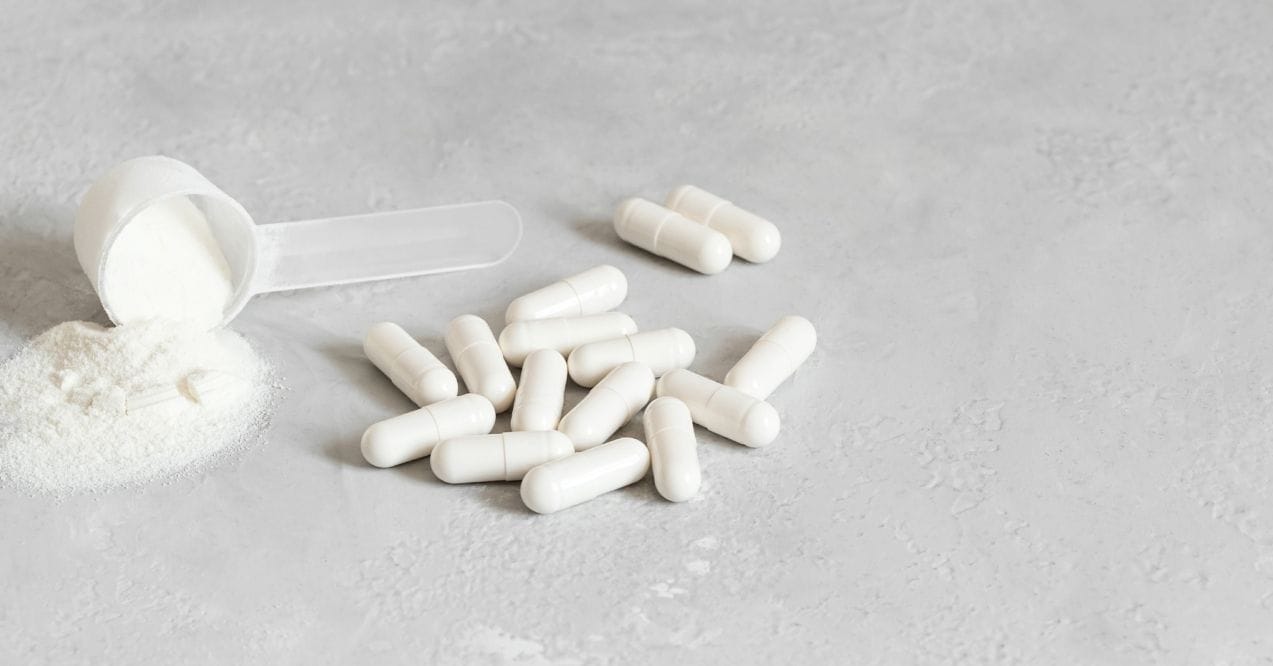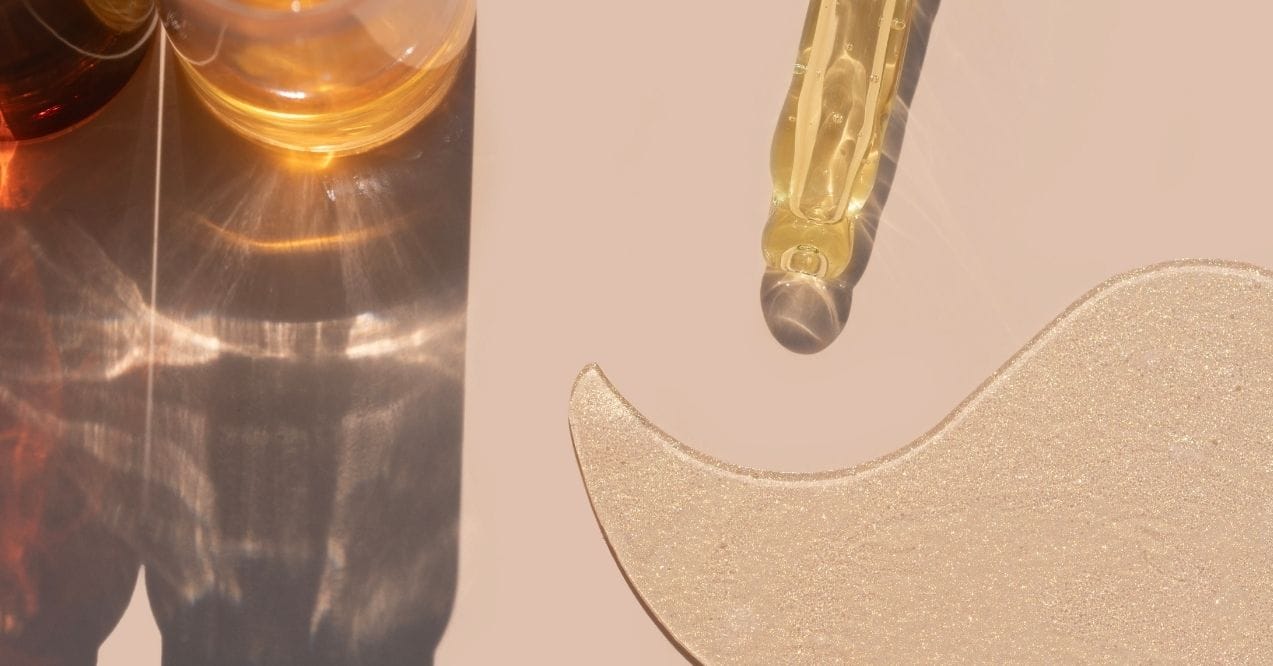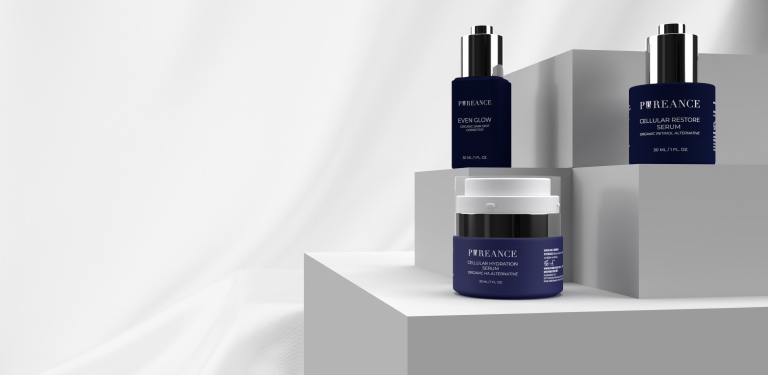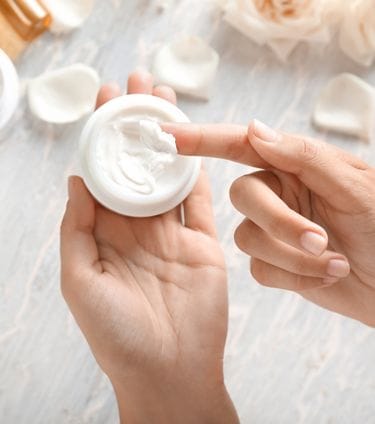
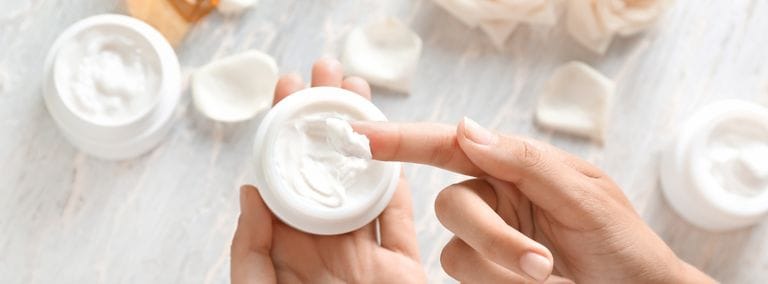

Can Moisturizer Cause Acne? 5 Mistakes to Avoid
Can moisturizer cause acne? It’s a question that leaves many of us scratching our heads. You’ve been faithfully applying moisturizer to keep your skin hydrated and supple, but then – those unwelcome breakouts appear. You’re not alone in this frustrating experience! While moisturizers are essential for maintaining healthy skin, especially as we mature, choosing the wrong product or applying it incorrectly can lead to clogged pores and irritation.
In this guide, we’ll explore the connection between moisturizers and breakouts, identify 5 common mistakes that might be triggering your acne, and share practical tips for keeping your skin both hydrated and clear.
Key Article Findings
- Moisturizers don’t cause acne – only the wrong types or application methods do.
- Skipping moisturizer often worsens breakouts by triggering excess oil production.
- Non-comedogenic ingredients and proper application techniques prevent moisturizer-related acne.
Does Moisturizer Cause Acne?
Do moisturizers cause acne? In short, only when you’re using the wrong type for your skin or applying it incorrectly. Many women worry about moisturizer causing acne, but hydration is actually essential for all skin types – even acne-prone skin.
Here’s what’s really happening: When you skip moisturizer, your skin might produce extra oil to compensate for dryness, potentially leading to more breakouts. The key is understanding that not all moisturizers are created equal.
Some formulations contain heavy ingredients that sit on your skin’s surface, blocking pores and creating the perfect environment for breakouts. Others feature lightweight, non-comedogenic ingredients that hydrate without congestion.
Mature skin still needs proper hydration to maintain its protective barrier and natural glow. The solution isn’t avoiding moisturizer altogether – it’s finding the right formula and application method for your unique skin needs.
5 Common Moisturizer Mistakes
Can moisturizer cause acne? Yes, when you’re making these common mistakes that many women don’t realize are sabotaging their skincare routine.
1. Using the Wrong Type of Moisturizer
Not all moisturizers are created equal, and using the wrong formula for your skin type is a recipe for breakouts. Can moisturizer cause pimples? Absolutely, especially when it’s too heavy for your needs.
Heavy, cream-based moisturizers often contain occlusive ingredients like mineral oil and petrolatum. While these create a protective seal over your skin, they can also trap bacteria, sweat, and debris underneath – leading to congestion and breakouts on mature skin.
For acne-prone skin, lightweight gel or lotion formulations typically work better. These water-based options provide hydration without the heaviness that can clog pores:
- Water-based moisturizers – Absorb quickly, feel lightweight, and rarely trigger breakouts
- Oil-based moisturizers – Create a stronger barrier but may trap bacteria and sebum
Many women with mature skin automatically reach for rich creams, assuming they need the heaviest formula available. In reality, layering a lightweight hydrating product followed by a targeted serum often provides better results with less congestion.
2. Over-Moisturizing & Breakouts
Wondering can over moisturizing cause acne? It certainly can, especially when excess product sits on the skin’s surface rather than absorbing properly.
Over-moisturizing disrupts your skin’s natural moisture balance in several ways:
- Excess product creates an environment where bacteria thrive
- Your skin may decrease its natural oil production, making you dependent on the moisturizer
- The surplus product can mix with dead skin cells, creating a perfect environment for congestion
Signs you’re over-moisturizing include persistent shine shortly after application, a feeling of heaviness, or small bumps developing across your forehead and cheeks. For mature skin, the right amount of moisturizer should absorb within a few minutes, leaving skin comfortable but not greasy.
3. Comedogenic Ingredients to Avoid
Understanding ingredient lists could also save your skin from breakouts. What causes clogged pores? Often, it’s specific ingredients in your moisturizer that are the culprits.
Common comedogenic ingredients to watch for include:
- Coconut oil (surprisingly problematic despite its natural origin)
- Isopropyl myristate and isopropyl palmitate
- Lanolin derivatives
- Wheat germ oil
- Certain algae extracts
4. Skipping Exfoliation Before Moisturizing
Dead skin cells create a barrier that prevents moisturizer from properly absorbing. Instead, your product sits on top of this layer, potentially causing congestion. For those wondering how to get rid of textured skin, regular and gentle exfoliation is key.
Without proper exfoliation:
- Moisturizers can’t penetrate to where they’re needed
- Dead skin cells mix with your moisturizer, creating a paste-like residue that clogs pores
- Active ingredients in your moisturizer can’t work effectively
For mature skin, chemical exfoliants like lactic acid or very gentle physical exfoliation 1-2 times weekly can make a tremendous difference in how your moisturizer performs. This doesn’t mean harsh scrubbing – gentle is the operative word here.
5. Layering Moisturizer with the Wrong Products
The order and combination of your skincare products can determine whether your moisturizer helps or harms your skin.
Common layering mistakes include:
- Applying moisturizer before serums, preventing the active ingredients from reaching the skin
- Mixing too many active ingredients (like vitamin C, retinol, and acids) under your moisturizer, causing irritation
- Using occlusive oils on top of moisturizer when your skin is already congestion-prone
The ideal approach is applying products from thinnest to thickest consistency. For mature skin, this typically means cleansing, applying any treatment products, following with moisturizer, and finishing with sunscreen during the day.
How to Pick the Right Moisturizer
Selecting the perfect moisturizer for mature skin that’s prone to breakouts doesn’t have to be overwhelming. The key is knowing what ingredients to look for and how to apply your product correctly. Let’s break down both aspects to help you make informed choices for your skincare routine.
What to Look for in a Moisturizer
When shopping for a moisturizer that won’t trigger breakouts, focus on these star ingredients:
- Hyaluronic acid – This powerhouse ingredient attracts and holds up to 1000 times its weight in water, delivering deep hydration without heaviness or greasiness.
- Niacinamide – Also known as vitamin B3, niacinamide helps balance oil production while calming irritation and redness.
- Ceramides – These lipid molecules are naturally found in your skin and help strengthen your skin’s protective barrier. They’re excellent for those wondering how to repair skin barrier naturally without causing congestion.
- Glycerin – A gentle humectant that draws moisture to the skin without clogging pores.
- Aloe vera – Provides lightweight hydration while soothing sensitive or irritated skin.
How to Apply Moisturizer Without Clogging Pores
The right application technique is just as important as choosing the correct product:
- Use only a pea-sized amount for your entire face – using too much product can lead to buildup.
- Apply to slightly damp skin (about 60 seconds after washing) to lock in extra hydration.
- Gently press the moisturizer into your skin instead of rubbing, which can irritate and push product into pores.
- Allow your moisturizer to fully absorb before applying makeup or sunscreen.
- Consider applying twice daily – a lighter formula in the morning and a slightly richer one at night.
Conclusion
So, can moisturizer cause acne? While the wrong product might trigger breakouts, the right moisturizer is essential for healthy skin at any age. By avoiding common mistakes and choosing formulations with skin-friendly ingredients, you can enjoy hydrated, clear skin that feels comfortable and looks radiant.
The right moisturizer helps prevent acne by maintaining your skin’s barrier. Only moisturizers with comedogenic ingredients or incorrect formulations for your skin type cause breakouts. Proper hydration actually helps regulate oil production that can lead to acne.
No, skipping moisturizer often makes acne worse. Without proper hydration, your skin may produce extra oil to compensate, potentially causing more breakouts. Even acne-prone skin needs moisture – just choose the right, lightweight formula.
Moisturize twice daily – morning and evening – with a lightweight, non-comedogenic formula. Apply after cleansing while skin is slightly damp. Consistency is key for maintaining your skin’s moisture balance without triggering breakouts.
Yes, applying too much moisturizer can overwhelm your skin and clog pores. Use only a pea-sized amount for your entire face, and gently press it into your skin rather than rubbing for best absorption.
This site offers health, wellness, fitness and nutritional information and is designed for educational purposes only. You should not rely on this information as a substitute for, nor does it replace, professional medical advice, diagnosis, or treatment. If you have any concerns or questions about your health, you should always consult with a physician or other health-care professional. Do not disregard, avoid or delay obtaining medical or health related advice from your health-care professional because of something you may have read on this site. The use of any information provided on this site is solely at your own risk.
Nothing stated or posted on this site or available through any services are intended to be, and must not be taken to be, the practice of medical or counseling care. For purposes of this agreement, the practice of medicine and counseling includes, without limitation, psychiatry, psychology, psychotherapy, or providing health care treatment, instructions, diagnosis, prognosis or advice.
